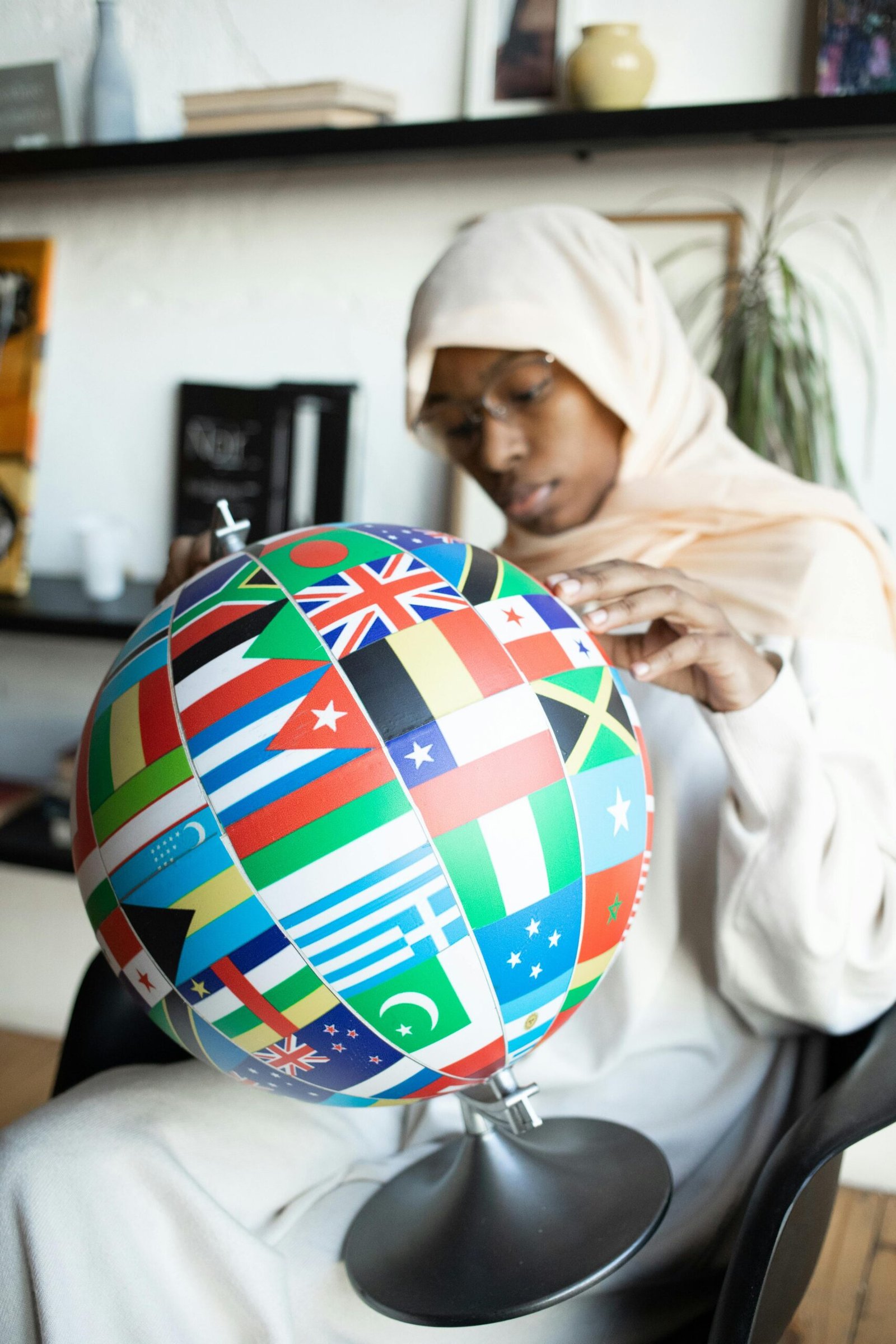
Every time we switch on the news, we often see a world struggling with issues like health emergencies, geopolitical tensions and other crises just to name a few. Countries have long recognized that solving these problems necessitates teamwork—an effort that goes beyond interests and national borders.
This article will explore the changing and dynamic realm of approaches adopted by nations across the globe, illuminating how these partnerships play a crucial role in shaping a more improved and interconnected world for all.
Global Challenges Require Collective Solutions
The need to address challenges has pushed countries to come in search of collective solutions. Issues that touch on human rights, climate change, and health do not recognize borders, which is why a united approach is essential. Through collaboration and international agreements, nations are working together to find inclusive solutions for these shared problems.
The Paris Agreement is an example of countries coming together to tackle challenges. It was signed by 196 nations, setting a goal of keeping global warming below 2 degrees Celsius. The fact that diverse countries are committed to reducing greenhouse gas emissions shows the strength of cooperation, in addressing an environmental problem.
Joint Education
A key aspect of this well being effort is the joint research and technological innovation undertaken by countries. The combination of expertise and resources allows nations to make progress in areas such as energy and healthcare advancements. This collaborative approach not only speeds up the pace of development, but also ensures that the benefits reach people all across the world.
The Human Genome Project stands as proof of the possibilities that arise from research efforts. Initiated in the 1990s and completed in 2003, this project united scientists from 20 research centers worldwide with the goal of mapping the entirety of the human genome. Since then, this joint endeavor has opened doors to advancements in fields such as medicine, genetics and personalized healthcare.
Humanitarian Efforts
The impact of these endeavors can be seen in various initiatives that focus on human welfare. Whether it’s responding to disasters or addressing refugee crises, countries join forces to provide aid and support. This shared commitment to reducing suffering demonstrates the power of unity in overcoming challenges, transcending cultural differences for the greater good.
When Hurricane Katrina hit the United States in 2005, countries from over the world came together to offer assistance. Nations like Canada, the United Kingdom, and Japan despite being further, sent emergency supplies, financial aid, and personnel to support the recovery operations. This international response demonstrated how nations can unite and show solidarity in times of crisis going beyond boundaries.
Cultural Exchange and Soft Diplomacy
In addition to tackling challenges, countries are also focusing on cultural exchange programs and soft diplomacy as a means to foster understanding between nations.
By embracing and gaining insights from cultures, different countries can promote respect and acceptance. These endeavors contribute to an interconnected society, where diverse perspectives are cherished and honored.
The Erasmus+ program, started by the European Union, aims to foster exchange and collaboration in education. It allows students and educators to study and work together across countries. This initiative promotes an understanding of diverse cultures and enhances the quality of academic learning. It serves as a shining example of endeavors in creating a competent and interconnected generation.
Education as an Agent for Progress
The exchange of knowledge and expertise is crucial for the well being of the world. Collaborative initiatives in education such as exchange programs and joint research projects play a role in cultivating a globally competent and well informed population. This investment in education becomes the foundation for building a future.
Economic Collaboration for Inclusive Growth
Economic collaboration plays a role in ensuring the prosperity of nations. Through partnerships and trade agreements countries can stimulate development, economic growth and poverty reduction. By engaging in shared initiatives nations strive to create a fairer economic landscape that benefits all individuals, addresses inequalities and promotes collective prosperity.
The African Continental Free Trade Area (AfCFTA) is changing the way Africa collaborates economically. It aims to establish a market for goods and services across the continent with the goal of boosting growth, decreasing poverty, and improving competitiveness.
Conclusion
In conclusion, collaborative efforts among nations shine as beacons of hope in the pursuit of well-being. As we navigate a world filled with challenges, the combined actions of countries ranging from joint research endeavors to initiatives underscore our potential for positive transformation.
Be a part of our mission to enhance the welfare of the world.
Discover more about our endeavors and find out how you can make an impact with the 5P Movement by clicking here.


